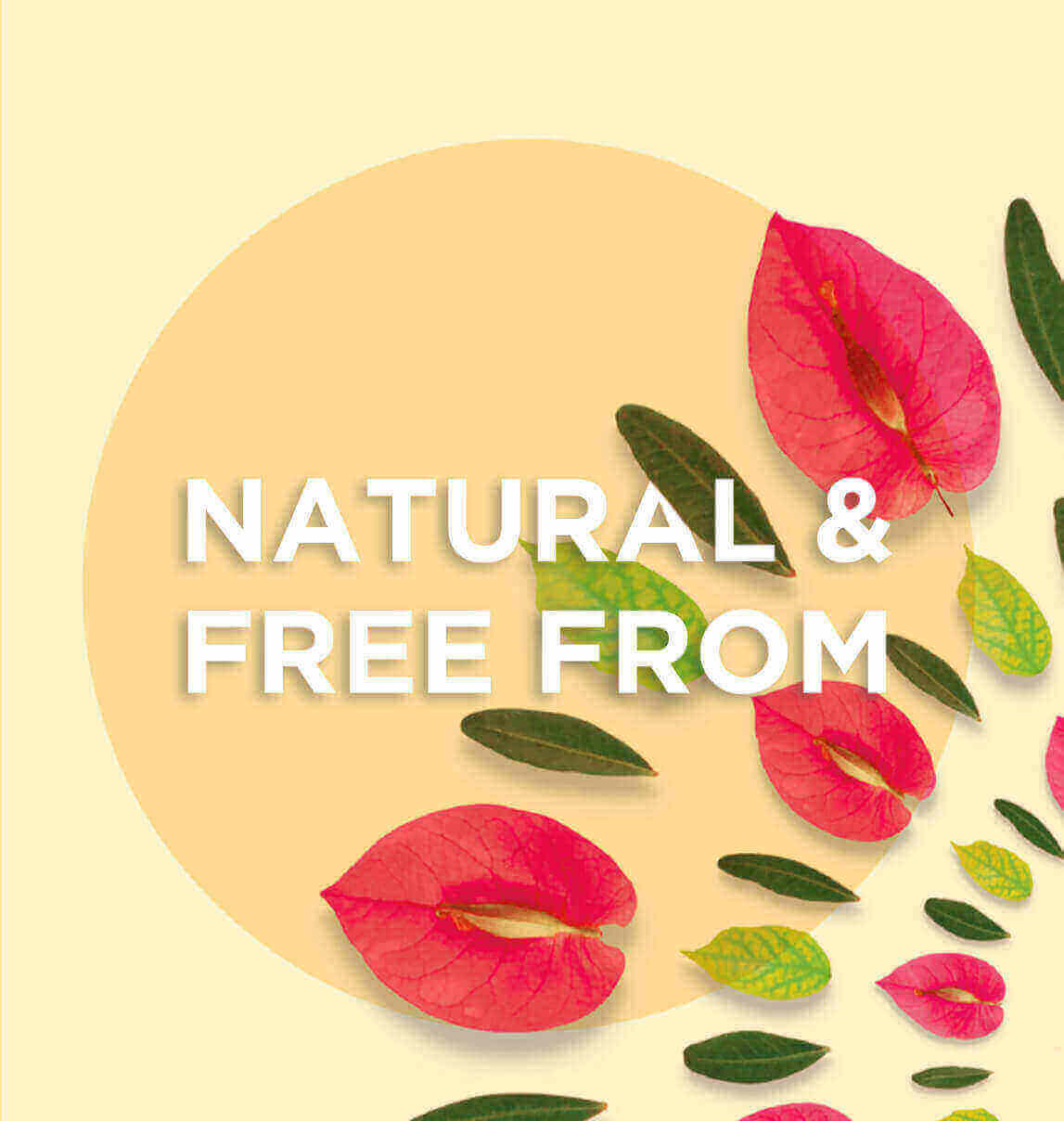The term “adaptogen” came about in 1947 when the Russian pharmacologist Nicolaï Lazarev made a surprising discovery. Lazarev recorded an unusual effect when using a substance which provoked vasodilation and produced a resistance to stress. Lazarev decided to call this substance an “adaptogen”, defining it as “any substance which allows the organism to defend itself against physical, chemical or biological stress agents by producing non-specific resistance”.
“Adaptogens” improve the body’s ability to adapt to difficult living conditions and limit potential side effects. New regulators are formed which control an individual’s physiological characteristics in reaction to all types of physical and psychological stress, or that linked to neuro-endocrine and immune disorders.
A number of plants are recognised as “adaptogens”, for example:
– Ginseng (Panax ginseng)
– Eleuthero (Eleutherococcus senticosus)
– Rhodolia (Rhodolia rosea)
– Maca (Lepidium meyenii L.)
– Schisandra (Schisandra chinesis)
– Indian Ginseng (Withania somnifera)
– Astragala (Astragalus membranaceus)
Ginseng has been used throughout China and all of northern Asia for over two millennia. It is one of the most common “adaptogens” and is often known as a ‘cure-all’, able to cure all types of illness! However, Ginseng is not the only plant to have a long tradition of use in this area – other plants also have similar if not more powerful properties.
For example, Eleuthero is the Russian variation of Ginseng and is known as “Siberian Ginseng”. Its properties are very similar to those of traditional Ginseng but with fewer precautions. Professional Russian athletes have even attributed their high performance to this plant which has also shown to help astronautes adapt to new living conditions in space.
Rhodolia allows for a more intense but general adaptation to stress, specifically targeting the nervous system and several other metabolisms.
Rhodolia roots used in medicine have a light floral rosewater scent, and Rhodolia is also known as “orpin rose”, “pink rhodolia”, “rose root”, “arctic root” or “golden root”. Rhodolia tends to grow in polar regions such as Siberia and Lapland, as well as in mountainous regions at altitudes of over 3000m! Vikings, Inuits and Laplanders have often used its leaves as a stimulant, with the plant allowing inhabitants of extreme weather conditions to survive. In China, Rhodolia is also recommended to improve physical strength and performance, reduce fatigue and fight against numerous infections. Whilst all of these plants can help to deal with psychological stress and physical fatigue, Rhodolia is incredibly versatile and is particularly recommended to deal with ‘burnout’ symptoms.
Other adaptogen plants plants originating from South America, India, Mongolia and Japan can also be used alongside the plants mentioned above to boost and diversify their existing properties.
For many of us, these plants can be a lifesaver when it comes to dealing with daily stress, a problem which affects many individuals and often leads to psychological and bodily disorders. Regular treatments are therefore recommended, and of course, always accompanied by a healthy lifestyle.
E.Chartier Phytothérapie clinique : Rhodiola rosea. La Revue Phytothérapie, de la recherche à la partique. Volume 1 Fevrier 2014 Ed. Springer
Rhodiole et burnout. Revue 37°2 le magazine. N°110 Janvier-février 2016
Rhodiole et surmenage Revue 37°2 le magazine. N°82 février-mars 2009
J.Fleurentin Du bon usage des plantes qui soignent Ed.Ouest-France 2016





